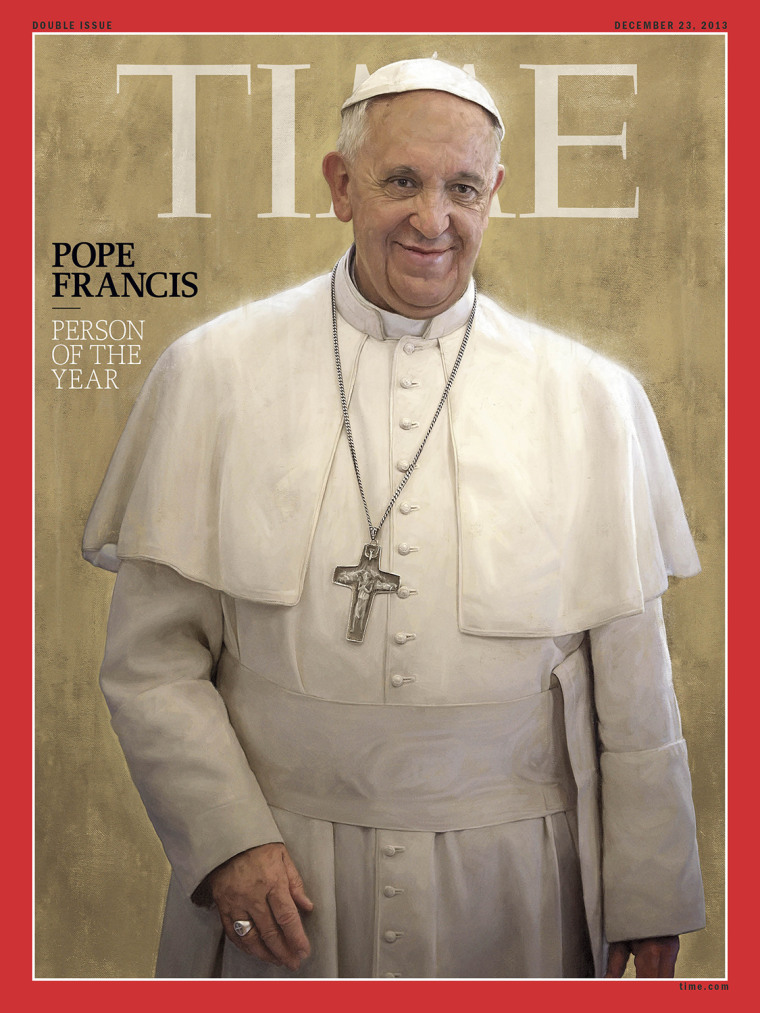Who was Pope Francis before he ascended to the highest position in the Catholic Church? This question invites us to delve into the life of a man who transitioned from being an ordinary Jesuit priest to becoming one of the most influential religious leaders in the world. His journey is not just about his rise to power but also about the values and principles that guided him throughout his life.
Pope Francis, originally known as Jorge Mario Bergoglio, has an inspiring story that resonates with people across the globe. Before donning the papal robes, he led a modest life dedicated to service and humility, qualities that have continued to define his leadership style. Understanding his background provides insight into the motivations behind his progressive reforms within the Church.
A Glimpse into the Early Life of Jorge Mario Bergoglio
Born on December 17, 1936, in Buenos Aires, Argentina, Jorge Mario Bergoglio grew up in a family deeply rooted in faith. From an early age, he displayed a keen interest in spiritual matters, which eventually led him to join the Society of Jesus, commonly known as the Jesuits, in 1960. His decision to become a priest marked the beginning of a lifelong commitment to serving others through religion.
Bergoglio's educational pursuits took him to various institutions where he studied chemistry, philosophy, and theology. These academic experiences enriched his understanding of both scientific and theological concepts, equipping him with the knowledge necessary to address complex issues facing contemporary society. During this period, he developed a reputation for intellectual rigor combined with pastoral sensitivity.
In 1969, after years of rigorous training and preparation, Jorge Mario Bergoglio was ordained as a Jesuit priest. This pivotal moment signified his formal entry into clerical life, setting the stage for what would later become a remarkable career characterized by dedication and compassion towards all individuals regardless of their social status or beliefs.
Ascending Through Ecclesiastical Ranks
As his ecclesiastical career progressed, Cardinal Jorge Mario Bergoglio gained prominence within the Catholic Church due to his exceptional leadership skills and unwavering commitment to justice and equality. In 1998, he became the Archbishop of Buenos Aires, further solidifying his influence over Latin American Catholics. Throughout his tenure, he prioritized outreach programs aimed at assisting marginalized communities while simultaneously addressing internal challenges faced by the institution itself.
His advocacy for social reform earned him widespread respect among clergy members and laypeople alike. By promoting dialogue between different factions within the Church hierarchy, Bergoglio fostered unity amidst diversity—a trait that would prove invaluable when he assumed the role of Supreme Pontiff. Moreover, his emphasis on simplicity and austerity set him apart from many contemporaries who embraced more lavish lifestyles typical of high-ranking officials.
On March 13, 2013, during the conclave convened following Benedict XVI’s resignation, Cardinal Bergoglio emerged victorious after five rounds of voting. As the first pope hailing from the Americas and the Southern Hemisphere, he adopted the name Francis, inspired by Saint Francis of Assisi, symbolizing humility, peace, and environmental stewardship—values central to his papacy.
Legacy Beyond Leadership
Pope Francis' tenure as leader of the Roman Catholic Church will forever be remembered for its transformative impact on global Christianity. Under his guidance, the Church underwent significant changes designed to make it more inclusive and responsive to modern realities such as economic inequality, environmental degradation, and migration crises. Through encyclicals like Laudato Si', he challenged believers worldwide to reconsider humanity's relationship with nature and each other.
Despite facing opposition from traditionalists within the Vatican bureaucracy, Pope Francis persevered in implementing policies reflecting his vision of a compassionate Church focused on mercy rather than judgment. His willingness to engage openly with critics demonstrated courage and integrity rarely seen in previous pontiffs.
Even beyond his official duties, Pope Francis remained committed to fostering interfaith cooperation and advocating for human rights causes globally. Whether meeting with world leaders or visiting disaster-stricken areas personally, he consistently embodied the message of hope and reconciliation central to Christian teachings. Thus, his legacy extends far beyond mere institutional reforms; it represents a paradigm shift towards greater inclusiveness and empathy within organized religion.
Celebrating Contributions Posthumously
Following the passing of Pope Francis at the age of 88, tributes poured in from around the globe honoring his contributions to advancing social justice and ecological awareness. While some may lament the loss of such a beloved figurehead, others find solace knowing that his ideals continue influencing countless lives worldwide. Funeral arrangements were made accordingly, culminating in a grand ceremony held outside St Peter's Basilica in Vatican City.
The selection process for his successor commenced shortly thereafter, adhering strictly to centuries-old traditions established by the College of Cardinals. Once elected, the new pope would assume responsibility for carrying forward the work begun under Francis' visionary leadership, ensuring continuity amidst inevitable change.
Ultimately, Pope Francis' death serves as a reminder of mortality yet simultaneously celebrates the enduring power of ideas championed tirelessly throughout his lifetime. For those fortunate enough to witness history unfold during his papacy, memories of his kindness and wisdom shall endure indefinitely, inspiring future generations to strive toward creating a better world aligned with divine purpose.

